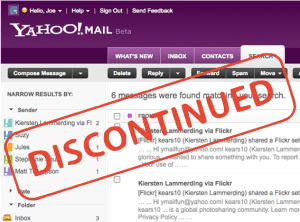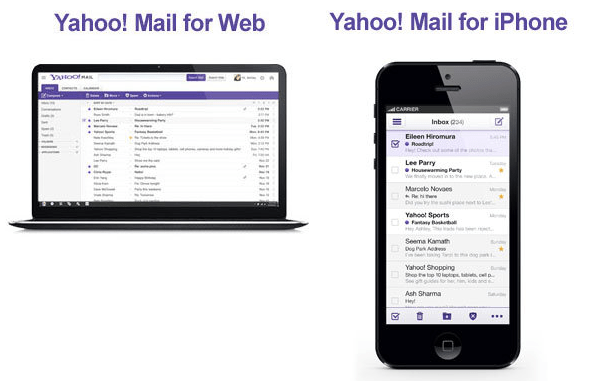1. Show that you're still interested.
 Leave
no doubt in the interviewer's mind about where you stand. Ask for the
job at meeting's end with a phrase such as, "I would really like to
contribute to this company and am hoping you select me." Also, don't
leave the room without a clear idea of what will happen next in the
hiring process. Will select applicants be invited back to meet other
people? By what date do they hope to fill the position? Such questions
demonstrate enthusiasm for the job, and knowing the hirer's timeframe
will help keep you from panicking if a week has passed without a phone
call.
Leave
no doubt in the interviewer's mind about where you stand. Ask for the
job at meeting's end with a phrase such as, "I would really like to
contribute to this company and am hoping you select me." Also, don't
leave the room without a clear idea of what will happen next in the
hiring process. Will select applicants be invited back to meet other
people? By what date do they hope to fill the position? Such questions
demonstrate enthusiasm for the job, and knowing the hirer's timeframe
will help keep you from panicking if a week has passed without a phone
call.2. Set the stage for further contact.
Nobody wants to be a pest, but could your silence as days pass be misinterpreted as indifference? Avoid the guesswork by finding out before heading home what the employer prefers in terms of checking in. Lizandra Vega, author of "The Image of Success: Make a Great Impression and Land the Job You Want," suggests asking the recruiter about her preferred method of follow-up communication and whether it would be okay to touch base again.
3. Be punctual.
If you tell the interviewer you'll send a list of references tomorrow morning, make sure you do it. Keeping your word and answering requests in a timely manner speaks volumes about the type of employee you might be.
4. Know when to sit tight.
If an interviewer requests that you follow up by phone in a week, respect her wishes. Calling the next day can be construed as pushy and desperate.
5. Send a prompt thank-you note.
A positive, nonintrusive way to stay on an employer's mind is to send a thank-you note. Vega recommends emailing one within 24 hours of the interview, then following up with a handwritten note that arrives one to three business days later.
6. Send each interviewer a personalized, powerful follow-up letter.
This piece of communication is another chance for you to shine, so don't waste space with generalities. Ford R. Myers, a career coach and author of "Get the Job You Want, Even When No One's Hiring," recommends including specific references to each person you met and tying your accomplishments directly to the company's stated challenges. You also can use the letter to introduce achievements that didn't get discussed and to elaborate on interview answers that you felt lacked punch.
7. Address one of the company's needs.
Another effective way to follow up is to act more like a consultant than an applicant. "During the interview, you learn a lot about a company's weaknesses and/or areas where the company wants to expand," states Linda Matias, president of CareerStrides.com and author of "201 Knockout Answers to Tough Interview Questions." "Consider creating a proposal on how you would address one of those areas. Doing so will demonstrate that you have the knowledge and also the enthusiasm to make a significant contribution."
8. Keep thinking and learning about the company.
Be prepared for additional interviews or follow-up phone calls by continuing to research the organization and the field. Gain new information about a topic brought up in conversation. Think of additional questions you'd like answered. These actions show the hirer that you didn't stop caring about the company after the interview was over.
9. Leverage outside resources.
Networking should never stop. "If you have contacts and connections with anyone who might influence the hiring decision, or who actually knows the interviewer, ask her to put a good word in for you," Myers says.
10. Accept rejection with grace.
Finally, keep emotions in check and don't burn bridges if someone else gets hired. One never knows what the future might hold. The accepted candidate may not work out, or a different position may open up. "If you are rejected, the first thing you should do (ironically) is send a thank-you note," Myers says. "This will help distinguish you from other rejected candidates and put you in a positive light."


